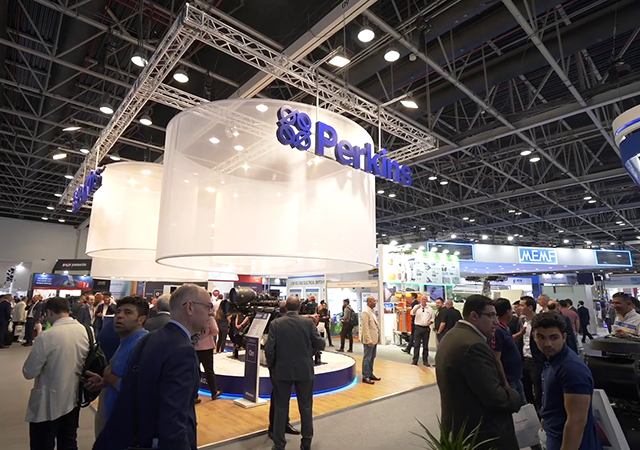
 A Sabic plant in Jubail, Saudi Arabia
A Sabic plant in Jubail, Saudi Arabia
Petrochemical plants in the Gulf are working at reducing emissions in a bid to combat climate change, according to a senior official of a representative body.
Dr Abdulwahab Al Sadoun, secretary general of the Gulf Petrochemicals and Chemicals Association (GPCA), said plants in the region were aware of the harmful effects of global warming.
“The facts are clear: greenhouse gas emissions cause global warming,” said Dr Abdulwahab Al-Sadoun, speaking at a World Environment Day-related event. “If emissions continue to go unchecked, the ensuing impact will be catastrophic.
“Unchecked emissions have the potential to not only heat up our planet, but also have disastrous consequences on sea levels and agriculture,” continued Dr Al Sadoun.
“The World Bank has estimated that for coastal cities, an increase of 2 degrees C could result in rising sea levels of up to 0.5 m, resulting in millions of displaced people and billions of dollars’ worth of damages. For the Arabian Gulf, the rising temperatures mean that the region will become even hotter and drier and that more people will suffer from water shortages. ”
The GPCA estimates that a binding global treaty on the subject of GHG emissions has the potential to shrink demand for oil by up to 25 per cent, resulting in a parallel revenue decrease. Furthermore, estimated annual losses for oil producing countries in this region could hit $265 billion.
“Therefore, in order to evolve into thoughtful and accountable environmental stewards, GCC petrochemical players are investing in technologies that manage their GHG emissions,” said Dr Al-Sadoun.
Petrochemicals companies like Sabic’s subsidiary Safco in Saudi Arabia, Qafac in Qatar, GPIC in Bahrain and Fertil in the UAE already use carbon capture technology in their manufacturing processes.
“The good news is that in the last two years, GCC petrochemicals producers have managed to reduce energy consumption per tonne of product by 8 per cent through technical improvements and other preservation initiatives,” noted Dr Al-Sadoun.
“However, the sustainability journey is still in its infancy and it is true that these changes will not happen immediately. Technologies like CCU, technical upgrades and leak detection will play a key role in the climate change solution and we encourage leaders, policy makers and businesses to collaborate in finding a long-term solution for climate change.”
















